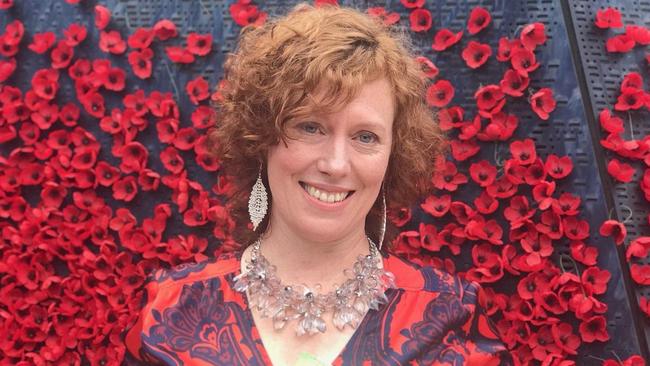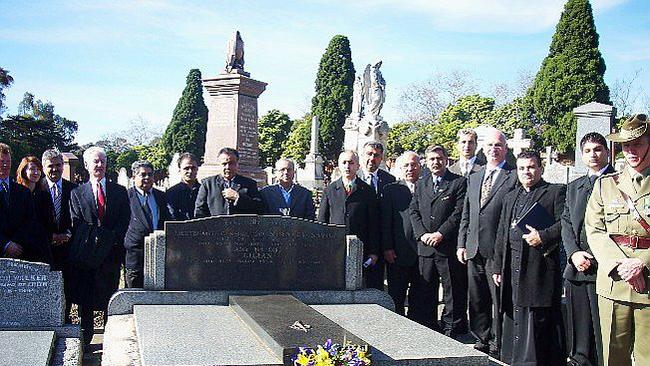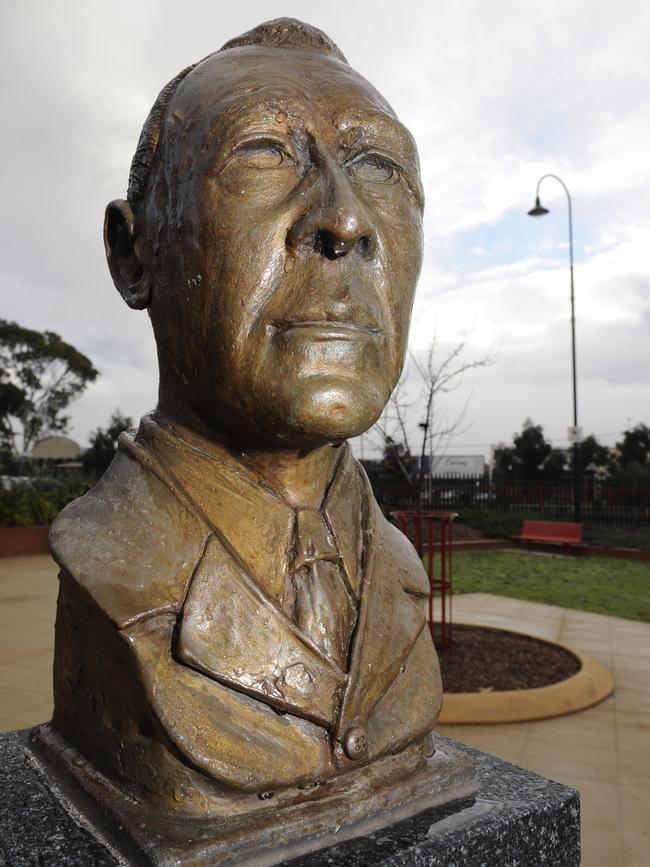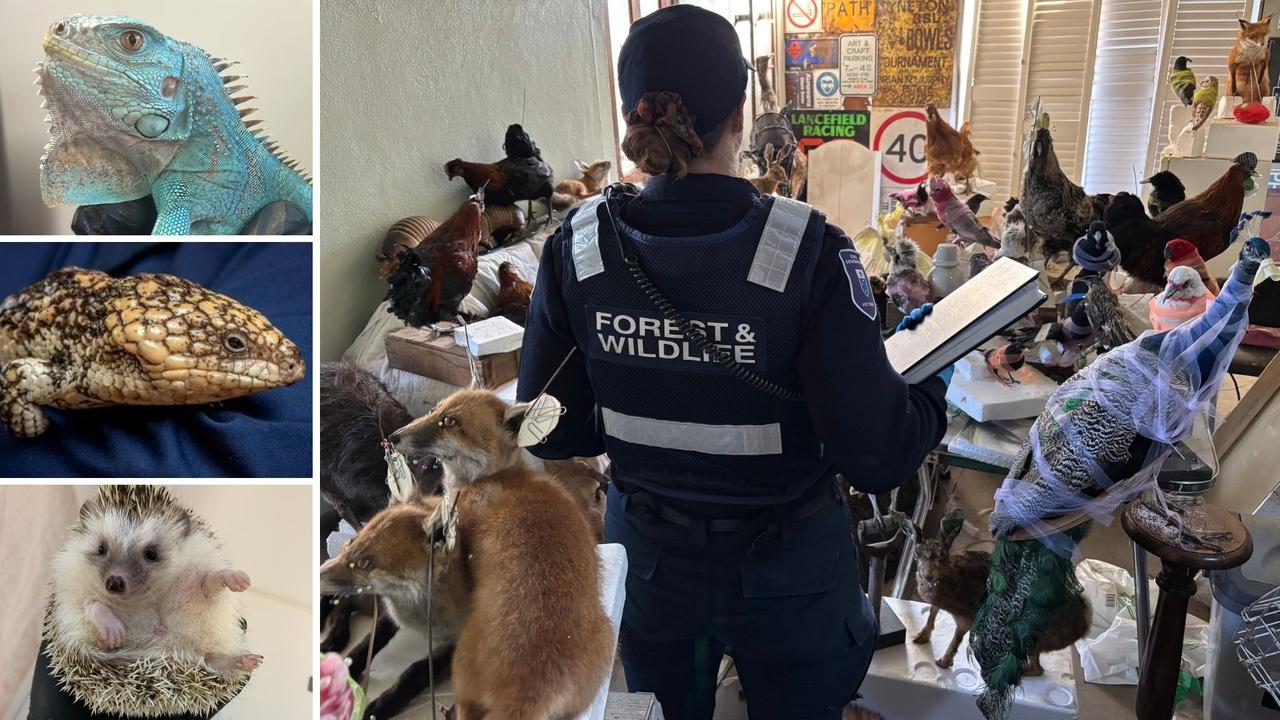New book tells of Captain Stanley Savige’s heroic acts during World War I
AN AUTHOR from Melbourne’s northwest is calling on the Federal Government to recognise historic World War I atrocities.
North West
Don't miss out on the headlines from North West. Followed categories will be added to My News.
MORE than 100 years ago, an Australian captain from Kew, who survived Gallipoli, was on road patrol in what was then Persia as World War I was coming to a close.
Captain Stanley George Savige was heading north to Urmia when he came across 80,000 Assyrian refugees fleeing Turkish forces.
Details of the daring mission Capt Savige bravely undertook at just 27 years old to save the Assyrian people have been detailed in new book Debt of Honour by Kensington author Sarah Lindenmayer.
READ MORE:
WORLD WAR 1 ARTEFACTS AT MELBOURNE MUSEUM
CEREMONY TO MARK 100 YEARS SINCE HTE BATTLE OF AMIENS
Mrs Lindenmayer spent a decade writing, researching and digging through military files to find out the details of the mission in 1918.
“Refugees were streaming down through the mountains from Urmia. Capt Savige saw this humanitarian disaster and immediately began to get the refugees further south to a British military hospital,” she said.
Mrs Lindenmayer spent a decade writing, researching and digging through military files to find out the details of the mission in 1918.
“Refugees were streaming down through the mountains from Urmia. Capt Savige saw this humanitarian disaster and immediately began to get the refugees further south to a British military hospital,” she said.
Capt Savige, who would also founded Legacy in 1923, fought off Turkish soldiers at the rear of the refugees with five other men, hoping they would attack them before the civilians.

Most of the refugees, including women, children and elderly Assyrians, walked barefoot through mountains, starving and weak from the siege in Urmia.
Historians estimate only about 48,000 arrived in the refugee camp in Iraq.
It is estimated 750,000 Assyrians were massacred by Ottoman Empire forces between 1915 and 1922 during attempts to eradicate the Christian minorities.
Mrs Lindenmayer is using the book to rally political support for the Australian government to recognise the genocide occurred.

Despite the genocide occurring more than 100 years ago, the South Australian and NSW governments are the only government bodies in Australia to formally recognised the mass murder as genocide.
Mrs Lindenmayer said people often forgot the Assyrian people still had no country to call home.
Assyrians are a minority of Turkey, Iraq and Syria but their Christian beliefs mean they continue to be persecuted by groups such as ISIS.

Mrs Lindenmayer recently met with two Assyrian friends who fled Iraq to a refugee camp in Syria. They arrived in Australia 18 months ago.
“They showed me a photo of their village that had been destroyed by ISIS, and their aunty had been decapitated,” she said.
“They are stateless people. They are traumatised people and I’m using the book as a way of generating energy around this issue that continues to go on today.”
Mrs Lindenmayer supports the Assyrian community’s efforts to have the genocide formally acknowledged by all levels of government.
The book sold out of its first run in September, and is into its second printing.
MORE STORIES:


